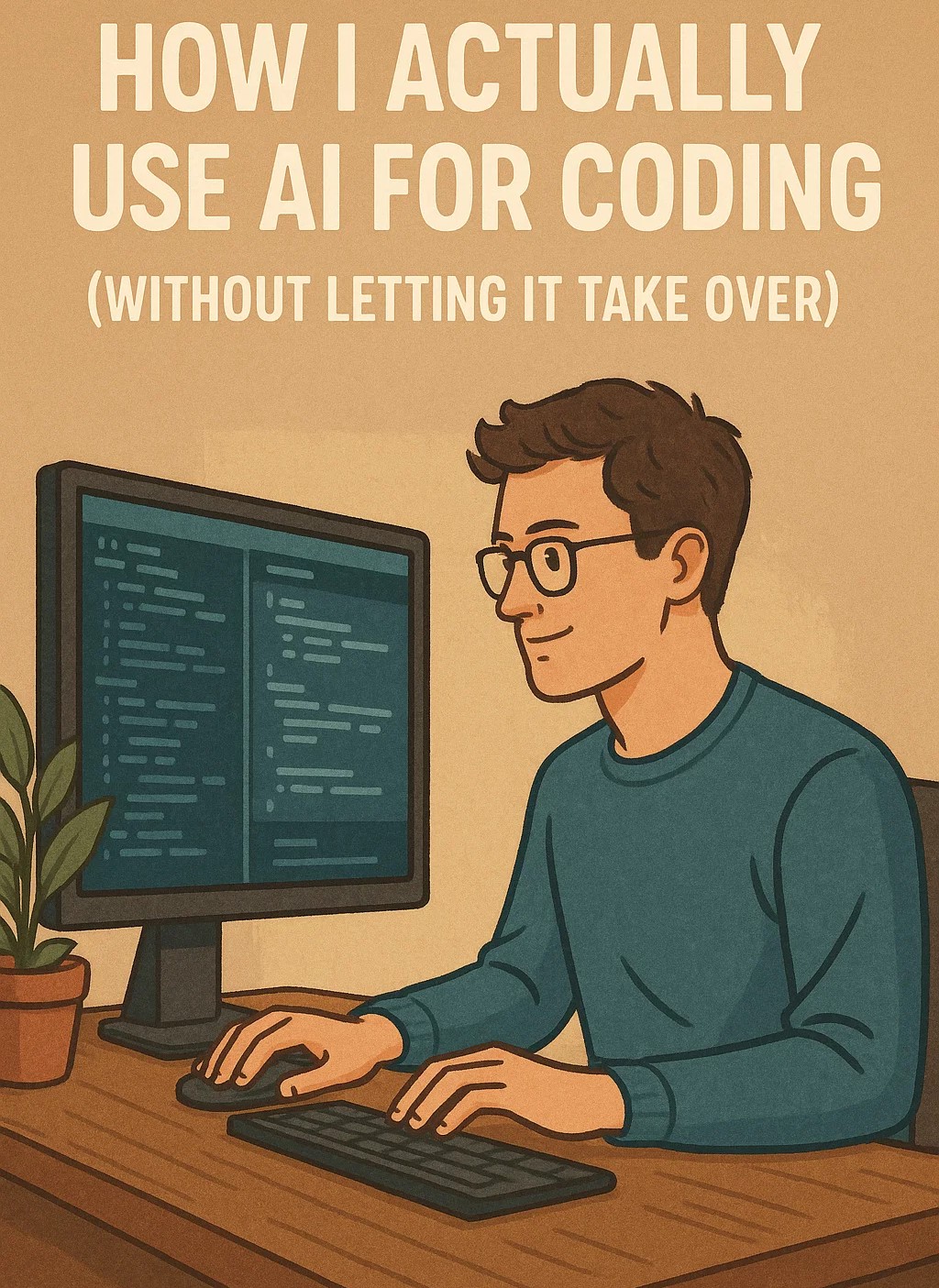
Making Money with AI, A Human Guide to
the New Gold Rush
Last week, I was catching up with my old college roommate
over coffee. He runs a small business and was lamenting about how AI is
"changing everything" but he has no idea how to actually benefit from
it. Sound familiar?
If you're like most people, you've heard endless hype about AI riches but struggle to see how real humans not tech billionaires—can actually profit from this revolution. I've spent the past year exploring this exact question, and I'm here to share the practical ways everyday people are turning AI into income, without needing a PhD or venture capital.
1. Leveraging AI for Your Existing Skills
Remember when I first tried using AI writing tools for my
freelance gigs? I was terrified it would replace me. Instead, I discovered
something interesting—it amplified what I could do.
What this looks like in practice:
A graphic designer I know now creates 5x more client mockups
using AI image generation tools, charging the same per project but completing
work faster
A programmer friend built a small business automating
tedious tasks for local businesses using simple AI tools
My neighbor, a translator, uses AI to handle first drafts
while focusing her expertise on cultural nuance and accuracy
The key insight? AI works best as your assistant, not your
replacement. The people winning aren't trying to compete with AI—they're using
it to enhance what they already do well.
2. Creating AI-Enhanced Products and
Services
You don't need to code an algorithm from scratch to profit
from AI. Many successful entrepreneurs are simply incorporating existing AI
tools into valuable packages.
Real examples I've encountered:
A former marketing manager now offers "AI-powered
content strategies" for small businesses, bundling tools like Claude and
ChatGPT with her marketing expertise
A teacher friend created a subscription service offering
personalized AI learning assistants for struggling math students
A local photographer uses AI editing tools to offer
"unlimited retouches" as a premium service
What stands out about these approaches? They combine human
expertise with AI capabilities in ways that solve specific problems for
specific people.
3. Becoming an AI Middleman
One of the most accessible opportunities is bridging the gap
between powerful AI tools and the people who need them but don't understand
them.
I watched my cousin turn this into a thriving business:
He helps local restaurants implement AI chatbots for
reservations and questions
He charges monthly maintenance fees to keep the systems
running smoothly
He trains staff on how to work alongside these tools
This approach requires minimal technical skills but delivers
massive value by making complex technology accessible to non-technical
businesses.
4. Creating and Selling Digital Assets
AI has dramatically lowered the barriers to creating digital
products that people will pay for.
Some approachable examples:
My colleague uses AI art generation to create unique digital
planners she sells on Etsy
A friend with industry knowledge creates specialized prompt
libraries for professionals in his field
Another acquaintance builds AI-generated stock photo
collections focused on underrepresented groups
The beautiful thing about digital assets? Create once, sell
infinitely.
5. Teaching Others About AI
Perhaps the most reliable way to make money in any gold rush
is selling shovels. In the AI era, knowledge is the shovel.
I've seen people with modest technical backgrounds build
substantial incomes by:
Creating online courses about practical AI applications for
specific industries
Offering workshops to help professionals integrate AI into
their workflows
Building communities where people share AI techniques and
opportunities
What makes this approach powerful is that you don't need to
be the world's foremost expert you just need to be a few steps ahead of your
audience.
The Human Element: Why You Won't Be Replaced
Throughout my exploration of this space, one truth keeps
emerging: the biggest opportunities combine AI capabilities with distinctly
human strengths.
The most successful people I've met in the AI economy bring:
Emotional intelligence and relationship skills
Creative problem-solving and critical thinking
Ethical judgment and contextual understanding
The ability to communicate complex ideas simply
These human qualities become even more valuable as AI
handles the routine and repetitive.
Getting Started Without Overwhelm
If you're feeling the pressure to jump on the AI bandwagon
but don't know where to begin, here's what worked for me:
Start with your existing expertise. How could AI enhance
what you already know and do?
Experiment with free tools first. Spend a few weeks playing
with Claude, ChatGPT, or other accessible AI before investing money.
Look for pain points in your industry. What tasks do people
hate doing that AI could help with?
Start small and tangible. Don't try to build the next ChatGPT—solve one specific problem for one specific group.
Final Thoughts
The most important lesson I've learned is that making money
with AI isn't about mastering cutting-edge technology—it's about understanding
human needs and using these new tools to meet them in better ways.
The gold rush is real, but the people finding success aren't
necessarily the ones with the most technical skills. They're the ones
connecting technology to human problems and building bridges between what AI
can do and what people actually need.
What human problem could you solve with these new tools?
Comments
Good Post

